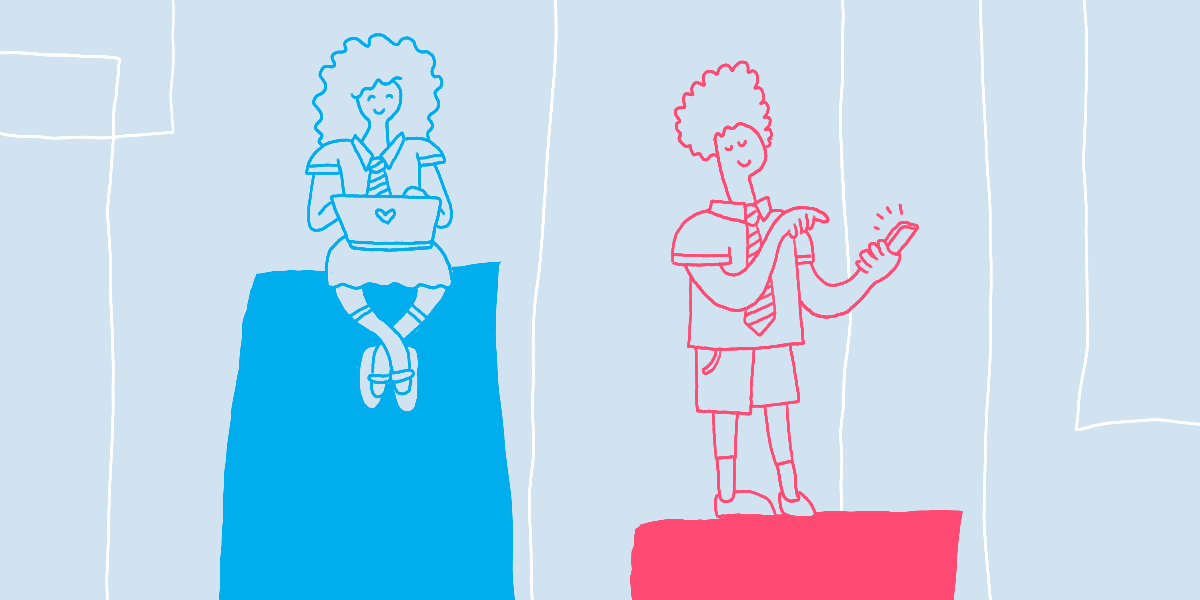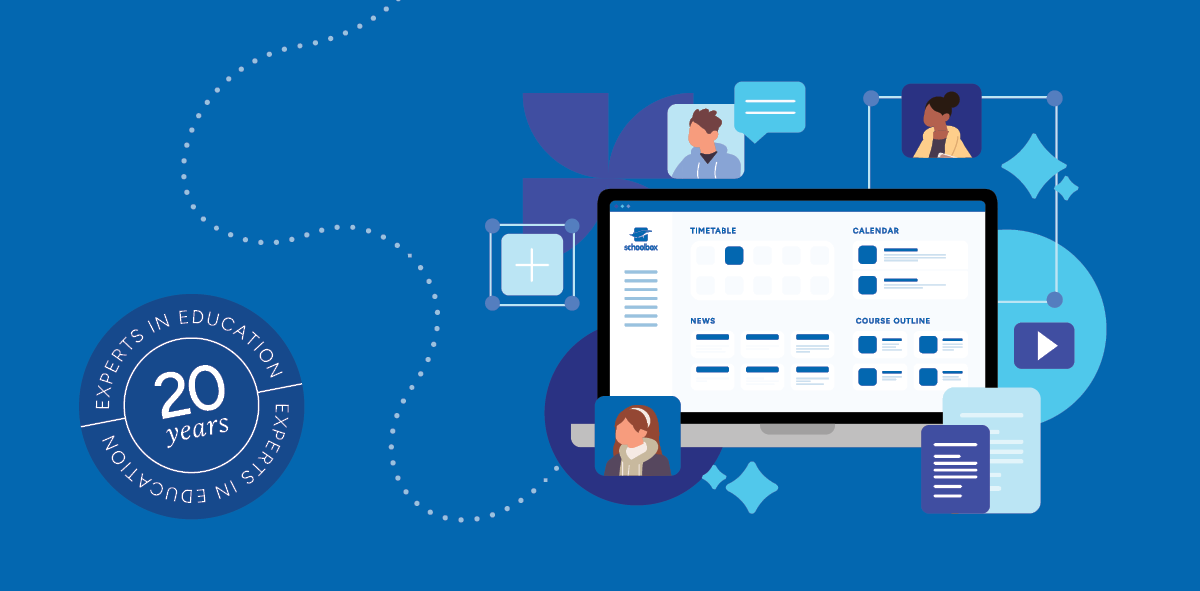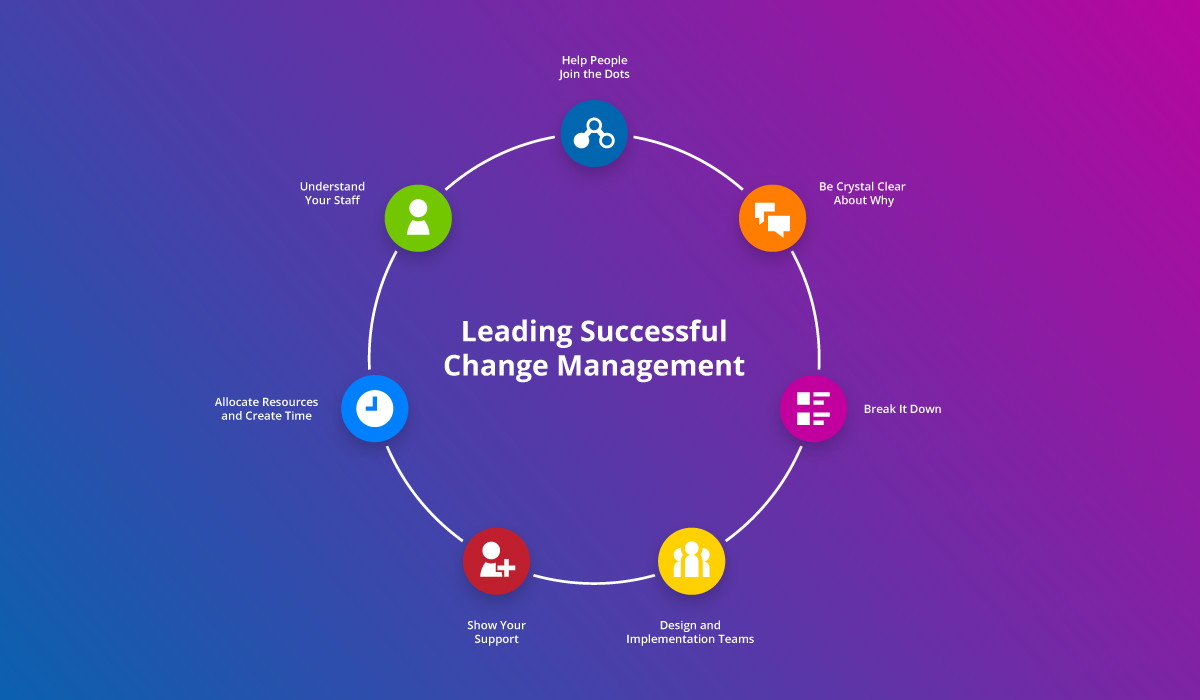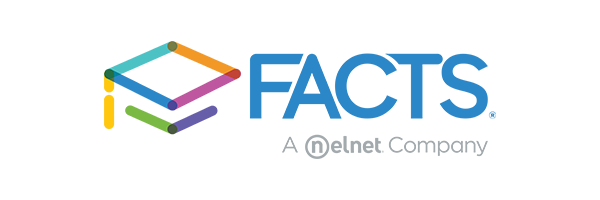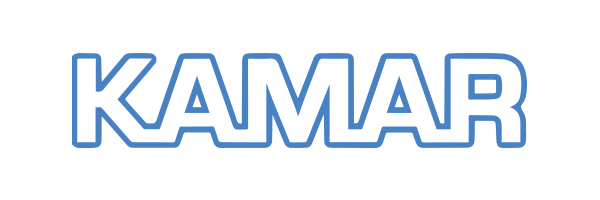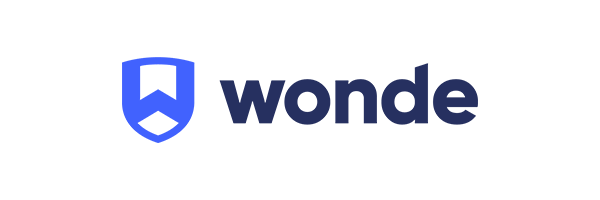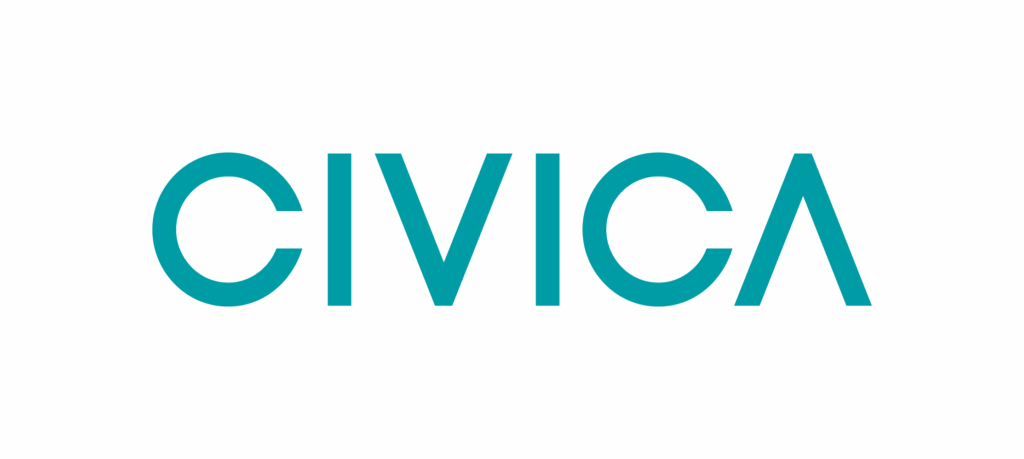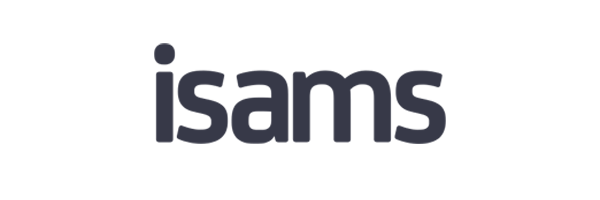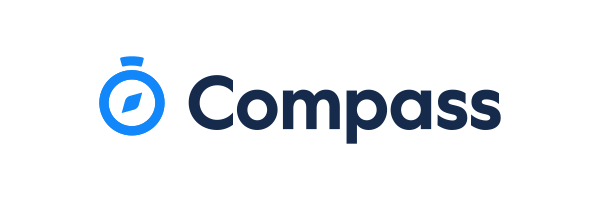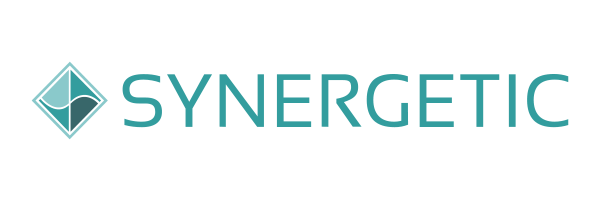Helping students to prepare for their future in this ever-changing world can be very challenging for educators. Where once a single curriculum was applied to a classroom full of students, the new norm has exemplified the need for different approaches to suit the full spectrum of talents, abilities and learning styles.
Pedagogical practice must embrace the individuality of each student, and teaching comes with a professional responsibility to help each child reach their true potential. By differentiating the teaching, students are provided opportunities to grow and succeed, regardless of their starting point.
What is differentiated learning?
To differentiate teaching practices and learning experiences means to make adjustments to what is being taught, how it is being taught, or what the resultant expectations are. Students begin their learning process at unique starting points, and learn in vastly different ways. To reflect this, there is an expectation of teachers to understand that in order to meet the learning needs of such a diverse range of students, they have to make various adjustments to their teaching practices.
Differentiated learning includes setting challenging and extension work for gifted and talented learners, as well as the provision of support materials and circumstances for those requiring extra guidance, or, who may be falling below the expected level of achievement.
The new norm
The 2020 pandemic has exposed an undeniable gap between those that have, and those that have not. This includes not only access to technology and digital learning resources, but also specialist guidance and support mechanisms which suit learning styles and needs. Remote learning has accentuated the fact that students need teaching that suits their individuality, and that different approaches help different students grow.
Remote learners in the same classes may be starting from very different stages of skill and knowledge. It is important that teachers know and understand where each of their learners is starting from, so they can plan lessons including what sorts of adjustments to employ for each student.
During the challenging new norm, the following main areas in which adjustments can be made to suit unique learning requirements were highlighted.
Content
Information and resources which are shared, explored and taught to students can be varied depending on the nature of the material and the needs of learners. Content may be presented in the form of text, slides, files, audio, visual and websites.
Methodology
The process by which learning occurs can vary and may include multimedia, collaborative opportunities, explicit instruction, and modelling. Importantly, interactive elements may form part of the methodology, in order to engage learners at their level.
Demonstration of Learning
Outcomes expected by students demonstrating their understanding may be adjusted according to learning needs and may include unique assessments, or changed circumstances to standardised assessments (for example extra time, or adjusted word length).
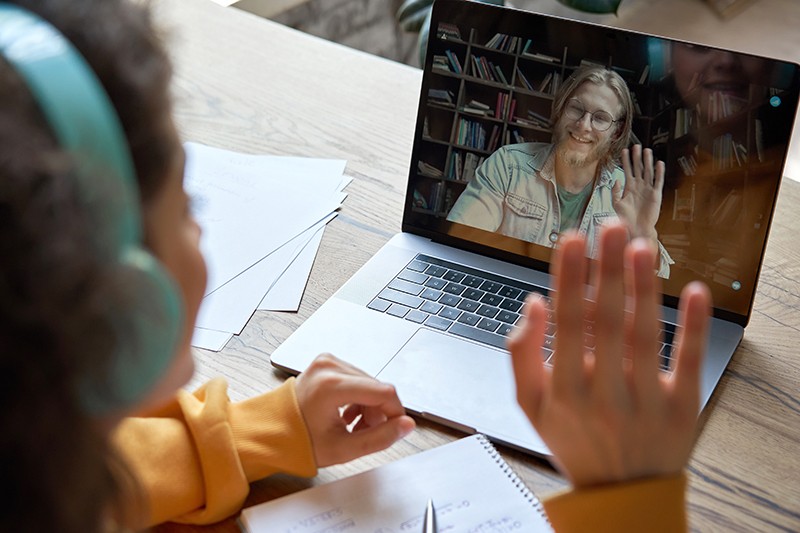
3 ways Schoolbox enables differentiated learning
Schoolbox is an all-in-one Learning Management System (LMS), community portal and engagement platform with a focus on ensuring education accessibility for all learners.
The Schoolbox LMS provides endless, easy opportunities for teachers to differentiate. The way in which the platform is structured means that materials and resources produced for students can be created, shared, and re-used in whichever way suits the situation. Let’s take a look at three ways differentiated learning is enabled by Schoolbox.
Unit and Class Pages to Adjust Content
Schoolbox allows for content design to be tailored to suit the learner. Material can be created at the unit and class page levels via text, images, video, links and embedded 3rd party learning tools for interactive elements. Students can contribute to their own learning through collaboration, with teachers and each other, via forums and blog components. Students can also be directed to various pages within Schoolbox via tiles or links components.
Student Activities and Tasks to Vary Methodology
Adjusting the process by which students learn new concepts is easy by utilising the course builder and course outline components in Schoolbox.
High quality resources and activities can be created within different activity types so that students can learn via a number of different processes. For instance, a due work may provide options for submission via video or written or students may be asked to choose whether they would prefer a quiz or a task to show their knowledge of a particular topic.
Participation and Learning Plans to Demonstrate Learning
Just as learning styles differ, students may need a different approach to demonstrate their understanding. Differentiated assessments can be produced seamlessly in Schoolbox. Teachers create a standard piece of assessment at the unit page level and once it has been exported to a class of students, it can be modified for individuals or groups. This is achieved via the ‘Participation and Learning Plans’ area within the assessment item.
Resources, activities and assessments can also be modified in such a way that privacy is maintained and that the associated activities are accessed only by nominated students.
Differentiated Learning in the New Normal
The pandemic of 2020 has resulted in many lessons for educators. More than ever before, the new norm has proven that students will learn best when their individual needs are being met.
With a platform like Schoolbox, whether students require altered content, varied delivery, or adjusted assessment, differentiation is certainly possible. The capability of Schoolbox to provide a platform for differentiation allows teachers to focus on their students to guarantee they are offered the best possible opportunities and support mechanisms to meet their individual learning needs.
Bel Clohesy has been a teacher for over 17 years, with expertise in teaching students from Kindergarten to Year 8. With a strong foundation in digital technology, Bel’s priority is ensuring an enhanced teaching and learning experience for K–12 schools.
Want to explore how Schoolbox can help with differentiated learning at your school? Talk to one of our Schoolbox experts today!
